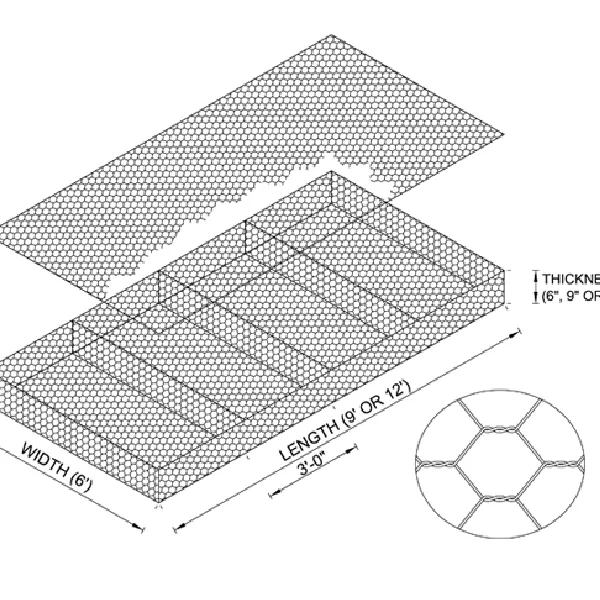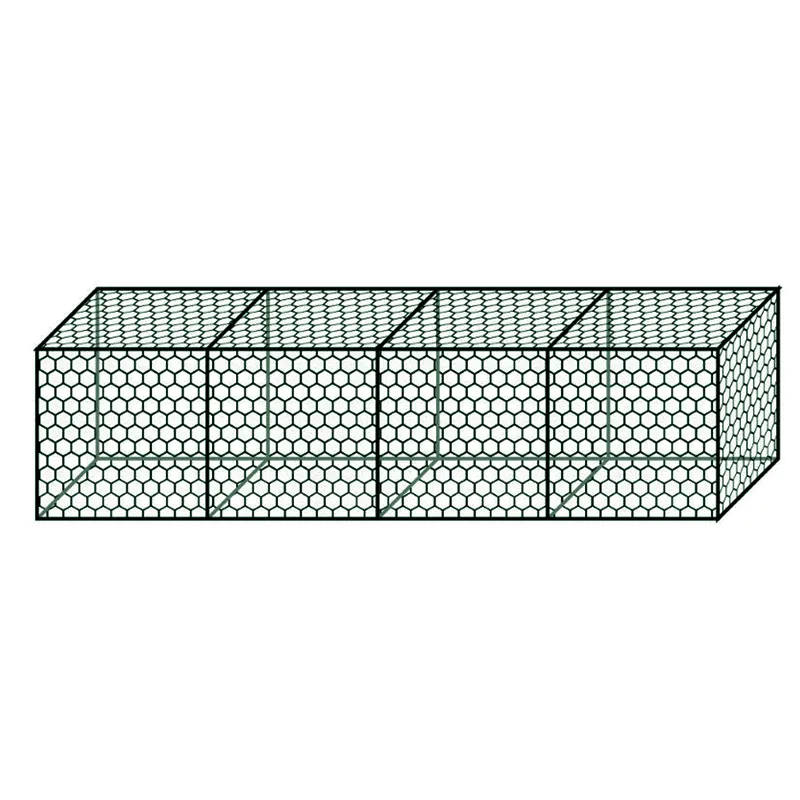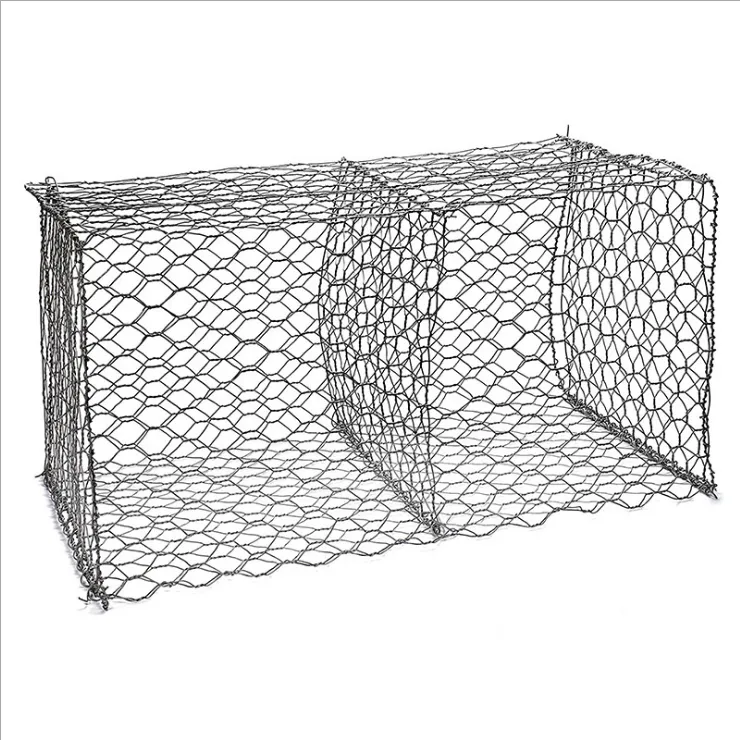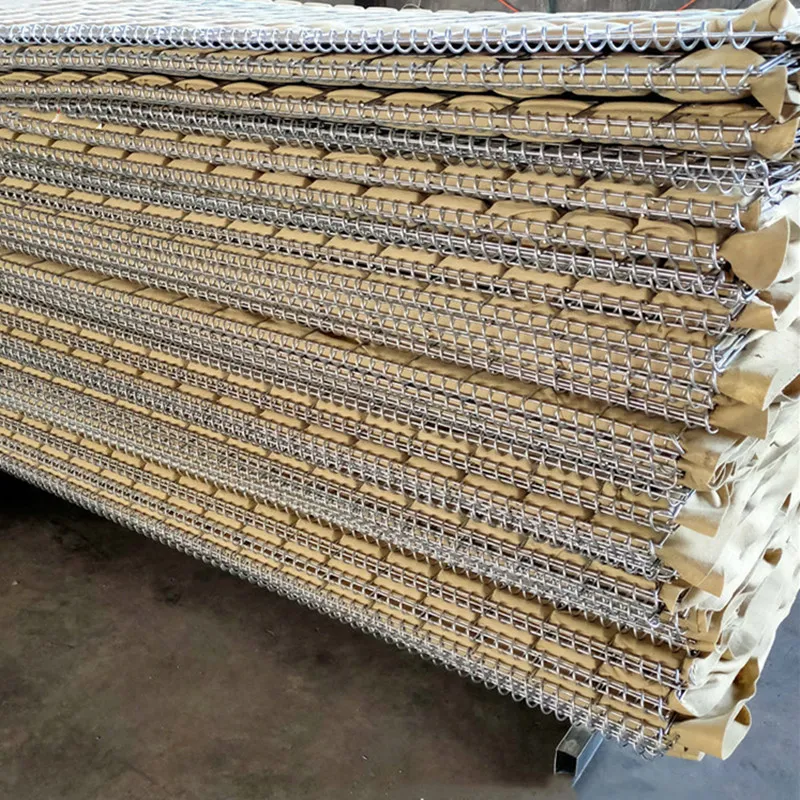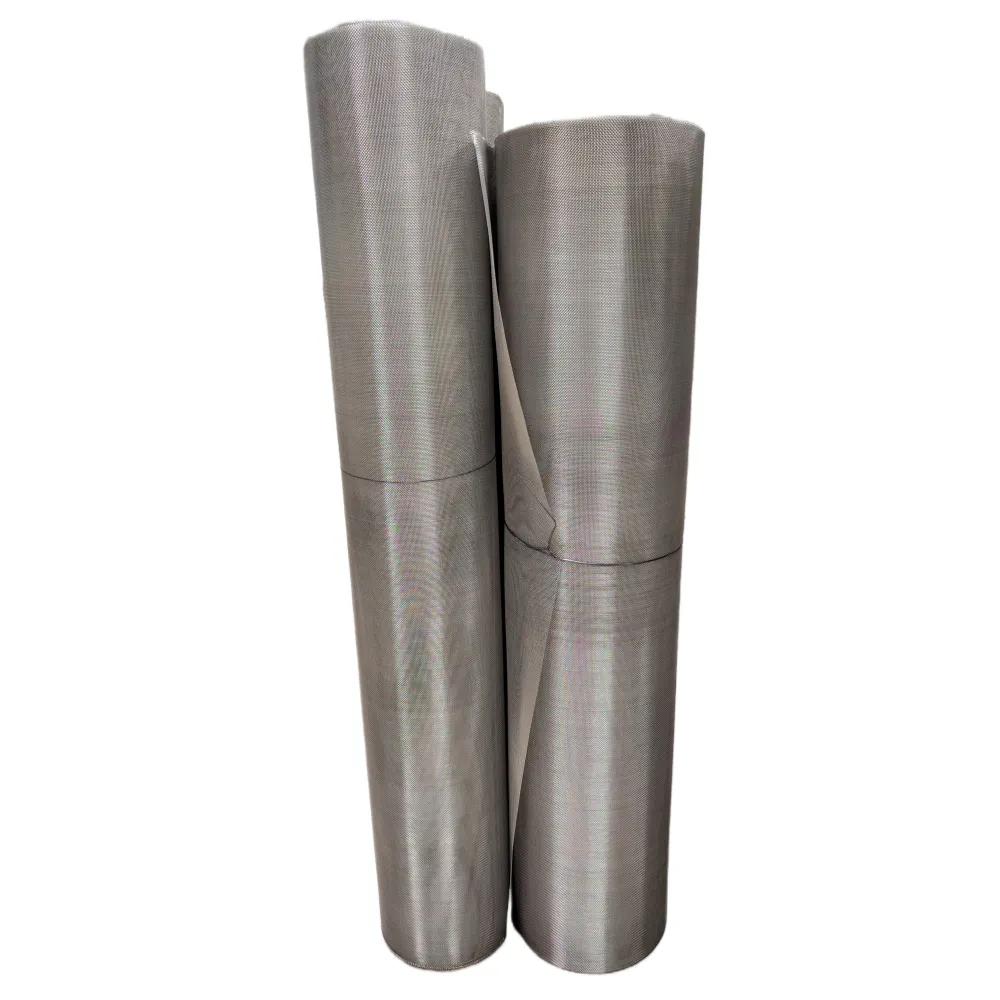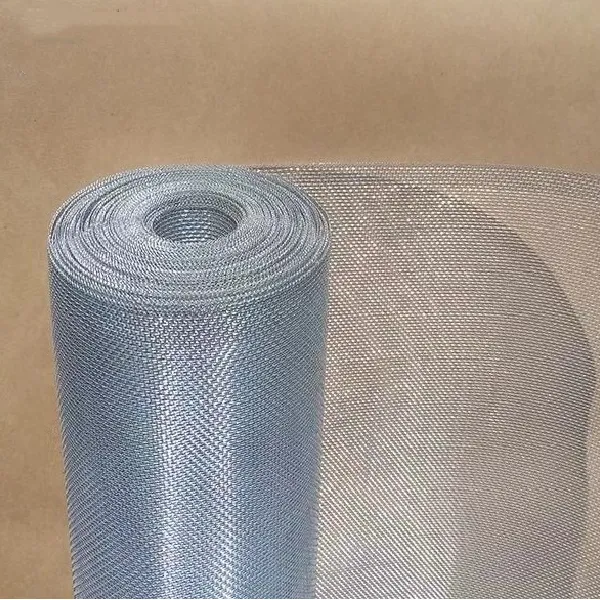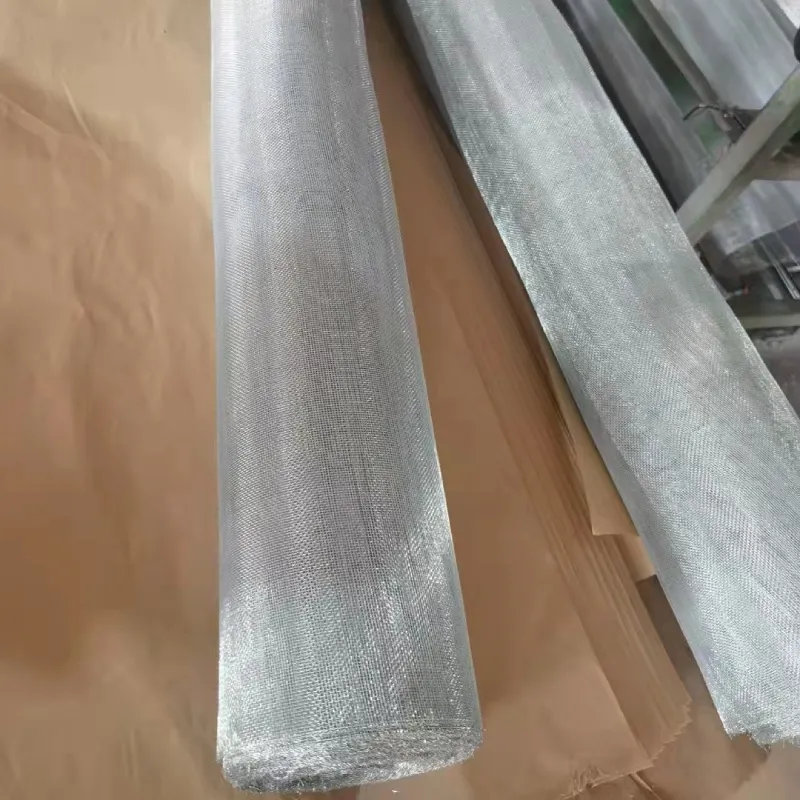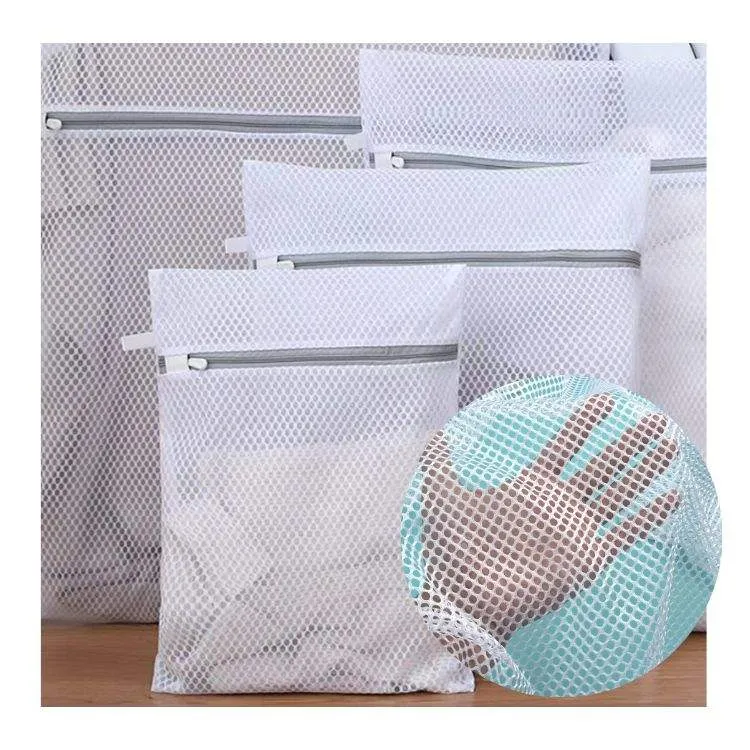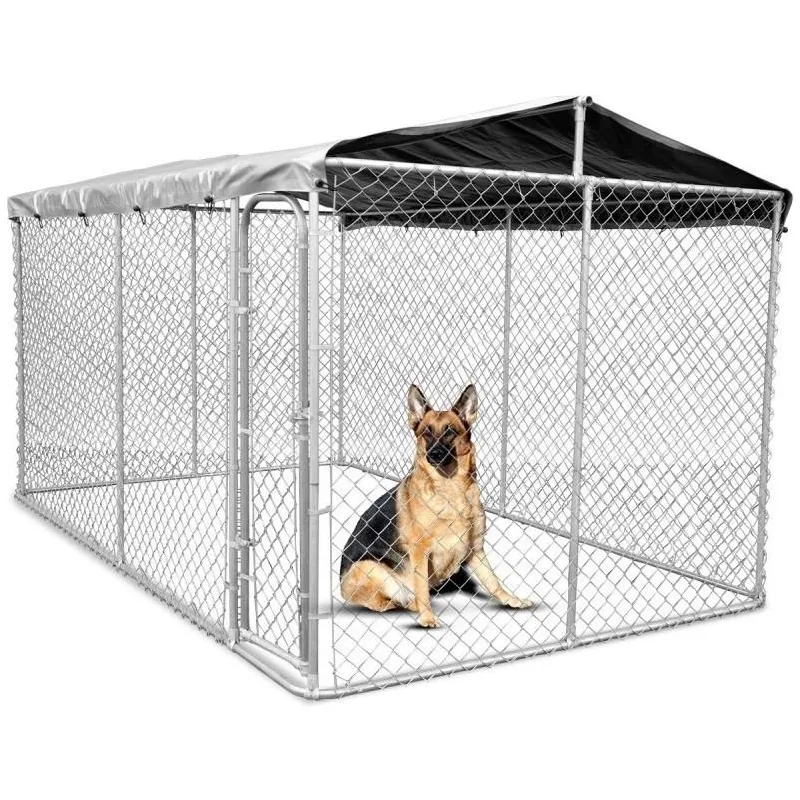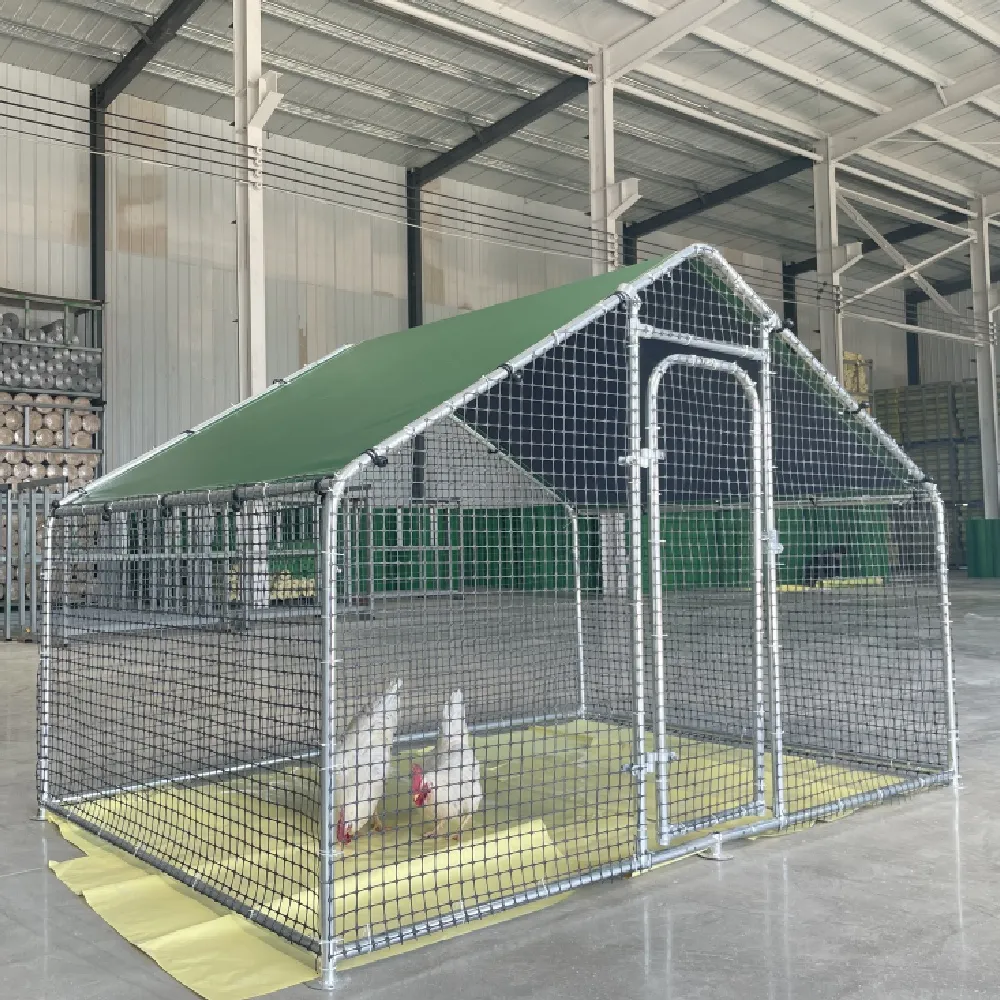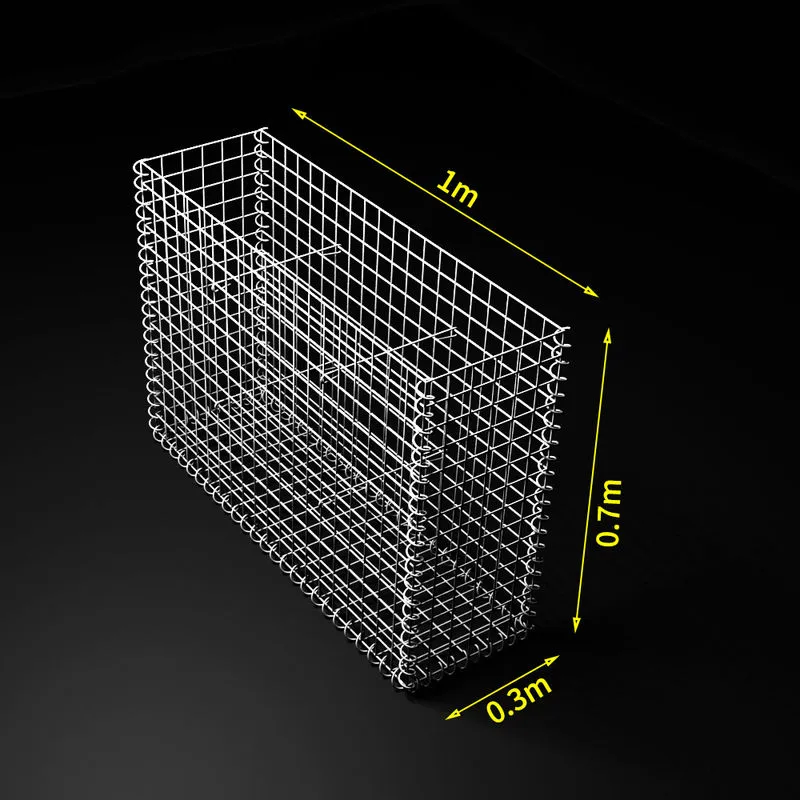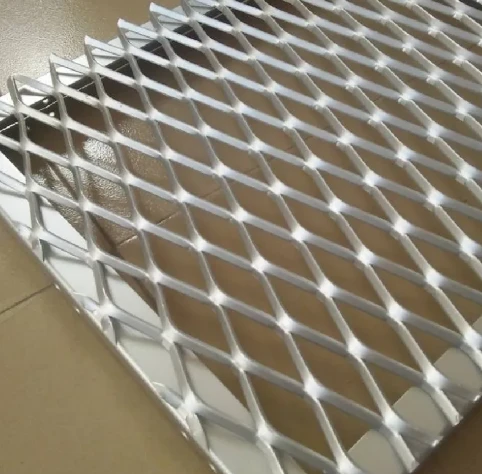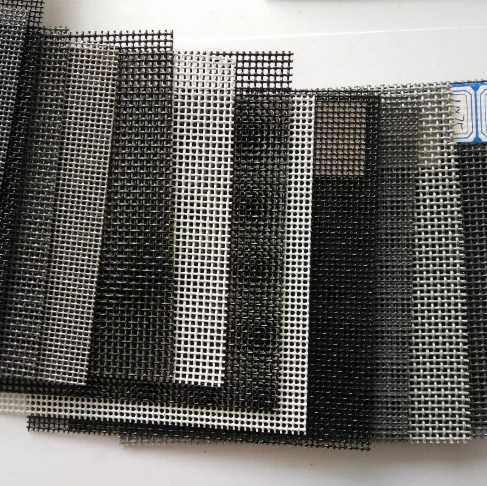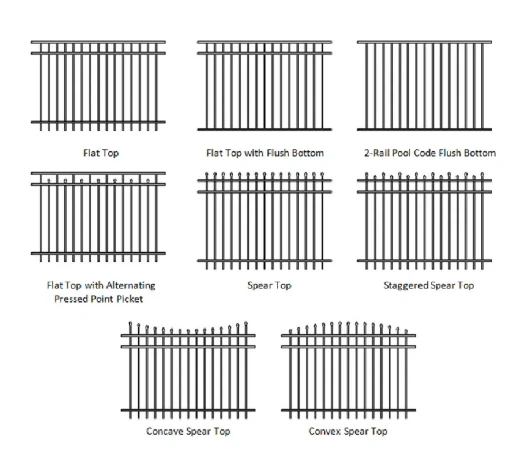Understanding the various sizes of wire mesh fence products is essential for anyone looking to secure a property or demarcate an area effectively. As an industry expert, I've seen numerous projects go awry simply because the proper size and type of wire mesh were not selected. Choosing the right size can impact not only security levels but also the longevity and functionality of the fence.

Wire mesh fences are popular due to their versatility, durability, and ease of installation. Typically made from interlinked metal wires, these fences can be adapted for a variety of purposes, including residential, commercial, and agricultural applications. One core aspect that dictates their usage is the size of the mesh and the gauge of the wire.
The size of a wire mesh fence is determined by two primary factors the mesh opening and the wire gauge. Mesh opening refers to the space between wires, and it comes in multiple configurations like square or rectangular. The wire gauge, meanwhile, indicates the thickness of the wire used. Lower gauge numbers mean thicker wires, which are stronger and more resilient.
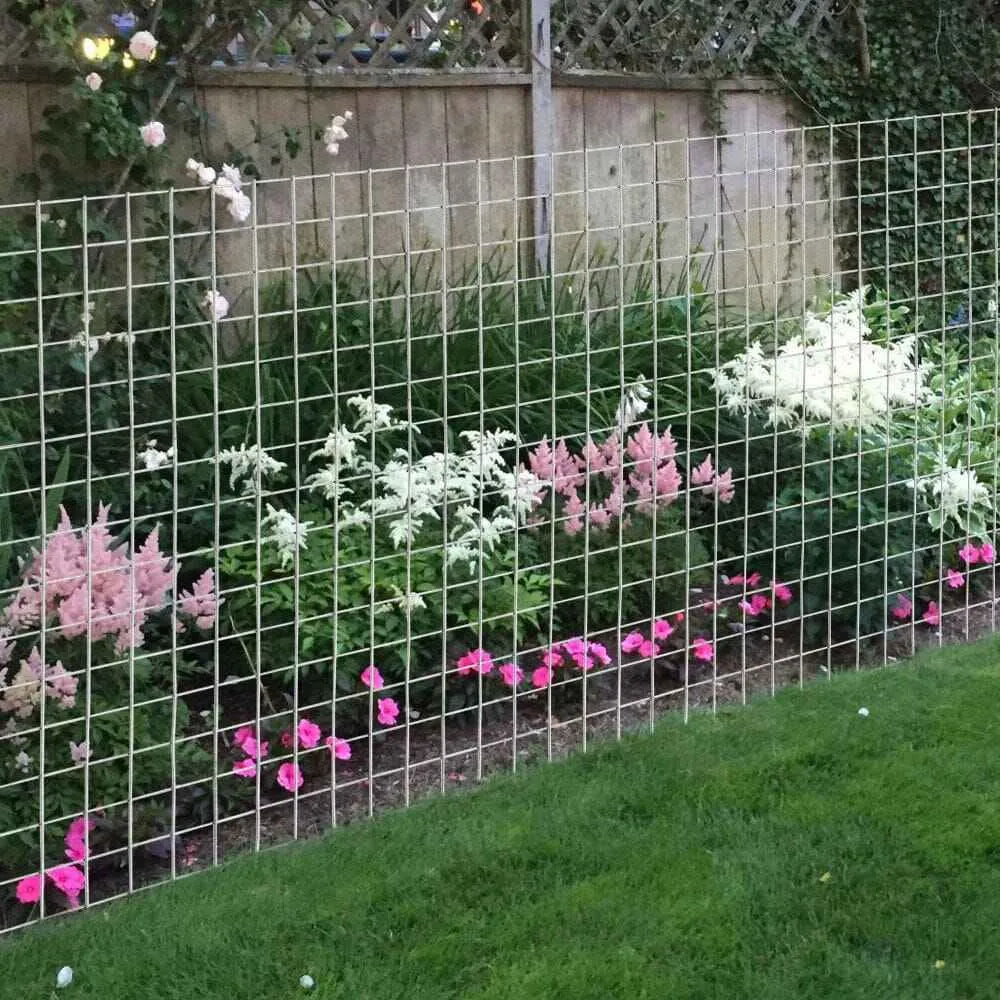
For residential purposes, a smaller mesh opening combined with a higher gauge wire is advisable. A mesh size of 2x2 with a 14-gauge wire is often ideal. This size provides adequate security while allowing for visibility and airflow. Selecting a mesh with these specifications can keep small animals in (or out) without compromising the aesthetic of your yard or garden.
In commercial settings, the choice of wire mesh size can vary based on the level of security needed. For basic perimeter fencing, a 3x3 mesh with a 12-gauge wire is typically sufficient. However, for more sensitive sites, such as industrial locations, a 1x1 mesh with a 9-gauge wire offers enhanced security through its heightened resistance to cutting and climbing.
wire mesh fence sizes
Agricultural applications present a different set of requirements. Here, the protection of livestock and crops is paramount. A larger mesh size, such as 4x4, may be used to contain larger animals, like cows or horses, while still maintaining durability with a 10-gauge wire. Conversely, for chicken coops or rabbit hutches, a 1x1 mesh with a finer 16-gauge wire is ideal due to its ability to prevent small creatures from squeezing through.
There’s also a significant variance when it comes to height. Standard heights for most wire mesh fencing range from 3 to 12 feet, but custom options are available depending on specific needs. Higher fences provide better security and are suited for privacy applications, while shorter fences are more about boundary demarcation.
A crucial step in selecting the right wire mesh fence size is consulting with a fencing professional or supplier who can provide insights based on terrain, weather patterns, and intended use. Expert advice ensures that you account for all variables, such as potential wildlife intrusion, soil stability, and regional regulations, all of which could affect your choice.
Furthermore, opting for galvanization or an additional polymer coating can enhance the fence's durability, making it resistant to rust and environmental deterioration. Investing a little extra in these coatings can significantly extend the lifespan of your fence, providing better value over time.
Ultimately, understanding these nuanced options and taking a detailed approach to your wire mesh fence selection will pay dividends in security, aesthetics, and longevity. Trust in industry expertise and use it to guide your decisions, ensuring you get a solution that matches your needs perfectly without unnecessary expense or compromise.




